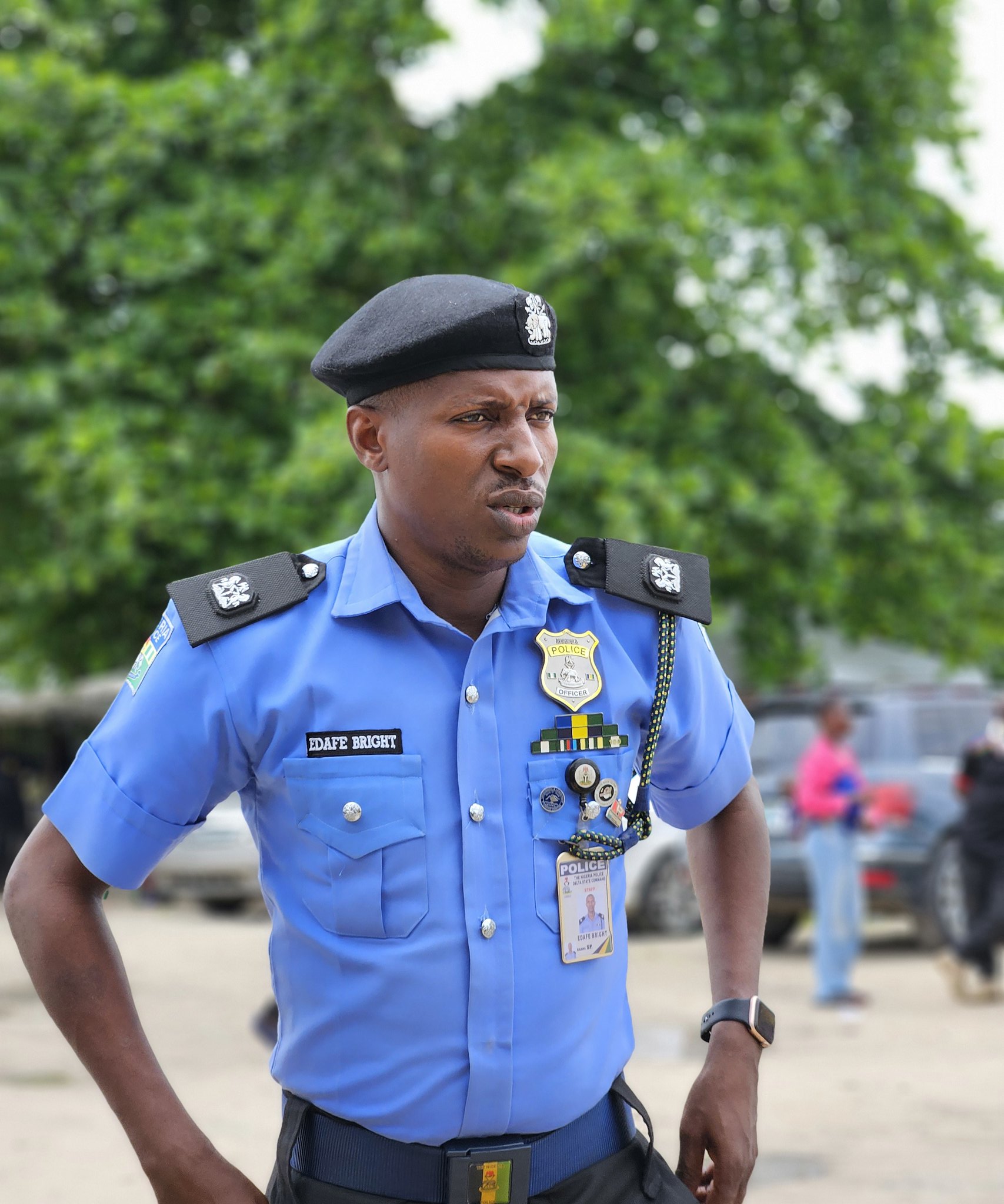Motorists, commercial motorcyclists (popularly known as okada riders) and residents have expressed concern over the incessant road crashes at Karu Bridge in the Federal Capital Territory (FCT), Abuja.
They called on stakeholders to urgently intervene and put an end to the disturbing trend. In recent times, Karu Bridge, located along the Abuja-Keffi road, has become notorious for accidents, with at least four crashes in the past two months resulting in injuries and fatalities.
The strategic location of the bridge makes it a vital transit point for commuters moving between the Jikwoyi and Mararaba axis, facilitating movement between the FCT and Nasarawa State.
Last Monday, commuters and motorists were stuck in heavy traffic for hours due to a fresh lone auto crash involving a trailer laden with energy drinks at Kugbo, along AYA-Nyanya, near the same spot.
It was reported that the trailer, heading towards Keffi, veered into the opposite lane after its brakes failed, causing the driver to lose control. The trailer and its scattered contents blocked the outward-bound lane of the busy Nyanya-AYA road, creating a gridlock.
Some commercial motorcyclists near the bridge recounted harrowing scenes, including recent incidents involving multiple explosions that left many feared dead. They noted that the convergence of traffic, particularly during peak hours, from the two locations often creates a bottleneck, leading to frustrating and lengthy gridlock for commuters.
A commercial motorcyclist, Nicholas Adams, said one of the recent crashes involved a cement-laden truck powered by Compressed Natural Gas (CNG) that suffered brake failure while descending Kugbo hill towards Nyanya. According to him, the truck driver lost control and rammed into several vehicles caught in traffic.
“We appeal to the government to please do something about it because too many lives have been lost to these trailer drivers’ recklessness. They mostly fail brake and hit other vehicles caught up in traffic,” he said.
Another commercial motorcyclist, John Mathew, described the risks of working in such a hazardous location but noted that he has to persevere to provide for his family.
“We always run once we sense danger; we are always alert. I was at the back the day the one that led to the explosion happened. Before it reached me, I quickly escaped. Although some of our fellow bikers could have been affected that day, it was during Ramadan fasting, so many had already left for prayers to break their fast 30 minutes before the incident,” he said.
Mathew also highlighted that victims are often vehicles dropping or picking up passengers, those caught in gridlock, and passengers waiting to board vehicles heading to Mararaba.
Appealing to the government, he added: “What I think the government can do is to stop heavy-duty vehicles from moving until 9:00 p.m. If they are allowed to move during rush hours, any small thing will lead to too many casualties, just as we have been experiencing.”
Efforts to obtain accurate data on road crashes and updates about some of the survivors have been hindered by bureaucratic challenges involving health workers in hospitals where victims are taken and Federal Road Safety Corps (FRSC) personnel.
When the reporter visited the FRSC office in Karu, he was directed to the Rescue Team’s makeshift office, referred to as Zebra, located just across Karu Bridge. However, upon arriving at Zebra, officials on duty redirected him to the Nyanya, Karu, Mararaba Unit Command at Building Materials, Abacha Road.
At Karu General Hospital, a nurse explained that only deceased victims are usually brought to the hospital morgue, while injured individuals are taken to Nyanya or Asokoro General Hospitals or the National Hospital, depending on the severity of their injuries.
At Nyanya General Hospital, another nurse, who spoke anonymously, revealed that none of the crash victims are currently admitted there. She noted that such patients are typically discharged within 24 hours or referred to facilities with better resources for further treatment.
Expressing frustration, the nurse described how emotionally draining it is to witness accident victims and called on the government to take urgent steps to address the situation.
Despite repeated efforts, the hospital management declined to provide detailed data about the incidents, citing administrative procedures. Similarly, Assistant Unit Commander of the FRSC, Nyanya, Karu, and Mararaba, Sabitu Adbu, said he was not in a position to provide specific figures. He attributed the frequent accidents to the area’s steep topography and driver negligence.
Photo: Abuja crash scene. Caption:



![[FILES] A picture shows the Argentinian flag. (Photo by DANIEL LEAL-OLIVAS / AFP)](https://cdn.guardian.ng/wp-content/uploads/2020/11/Argentina-.jpg)


